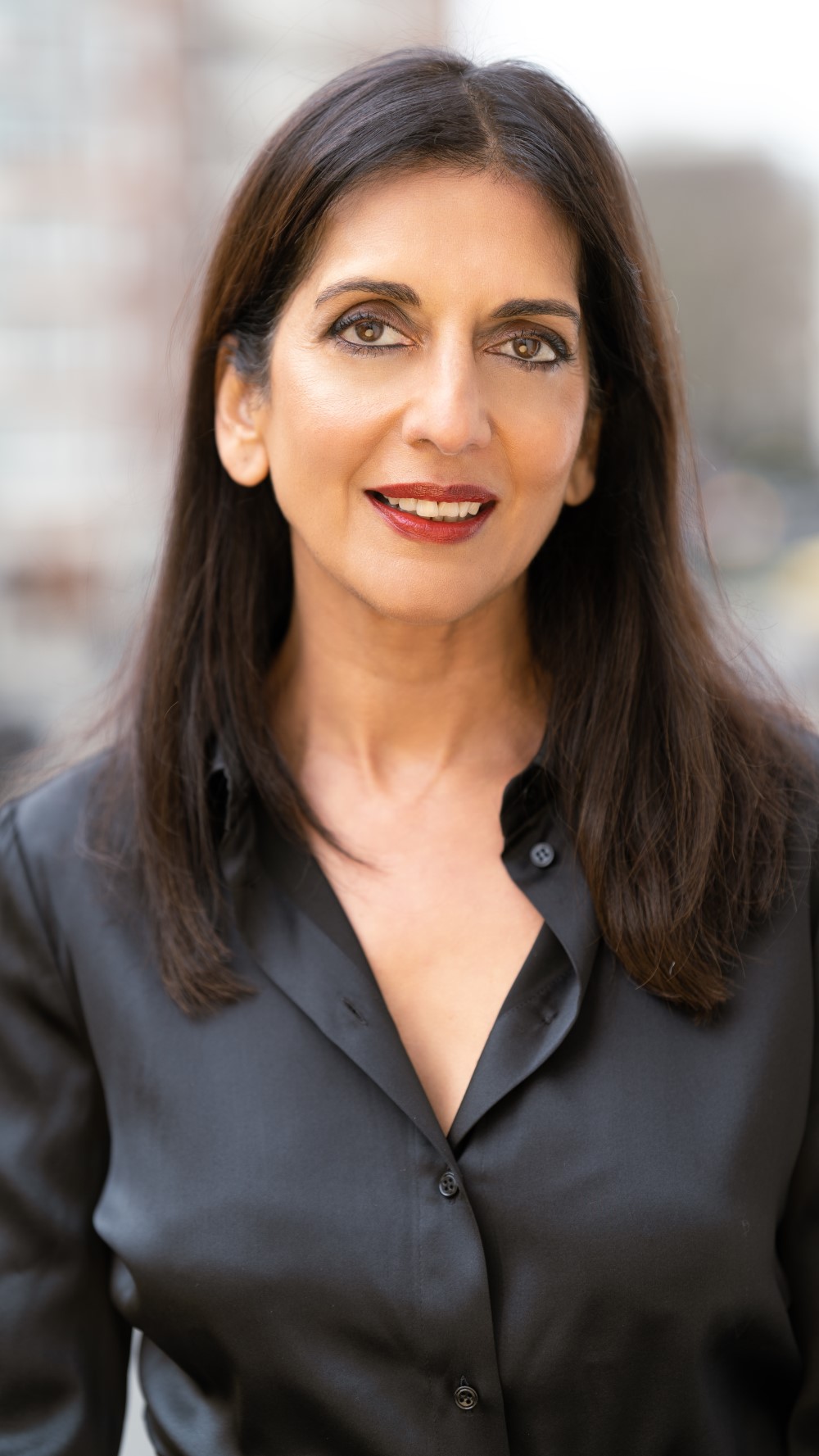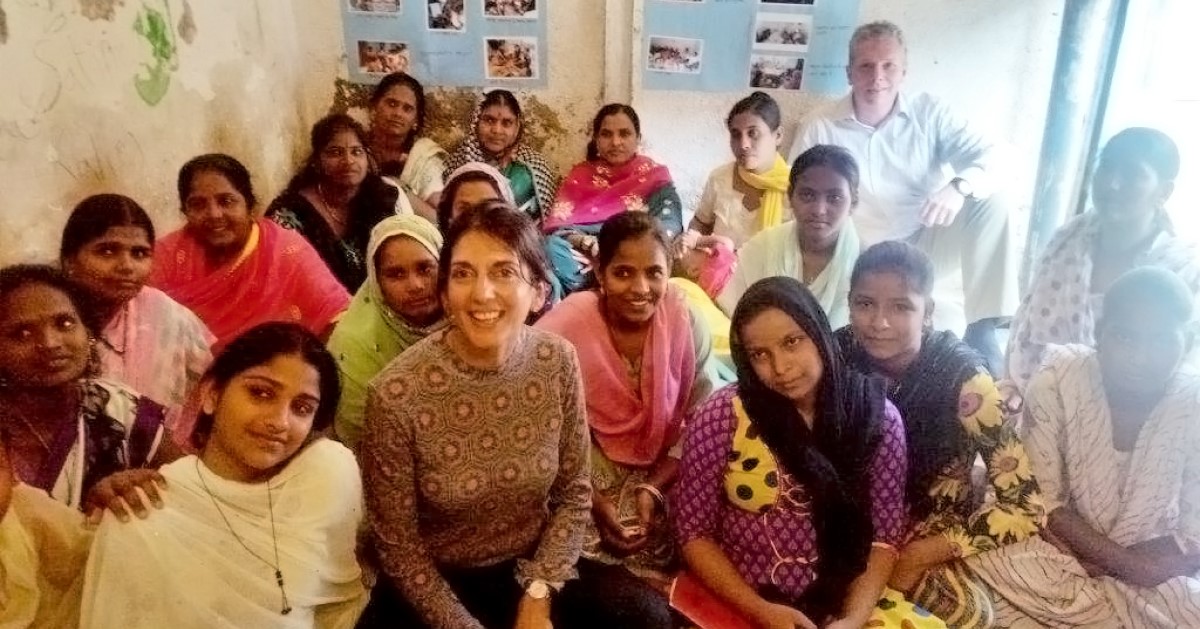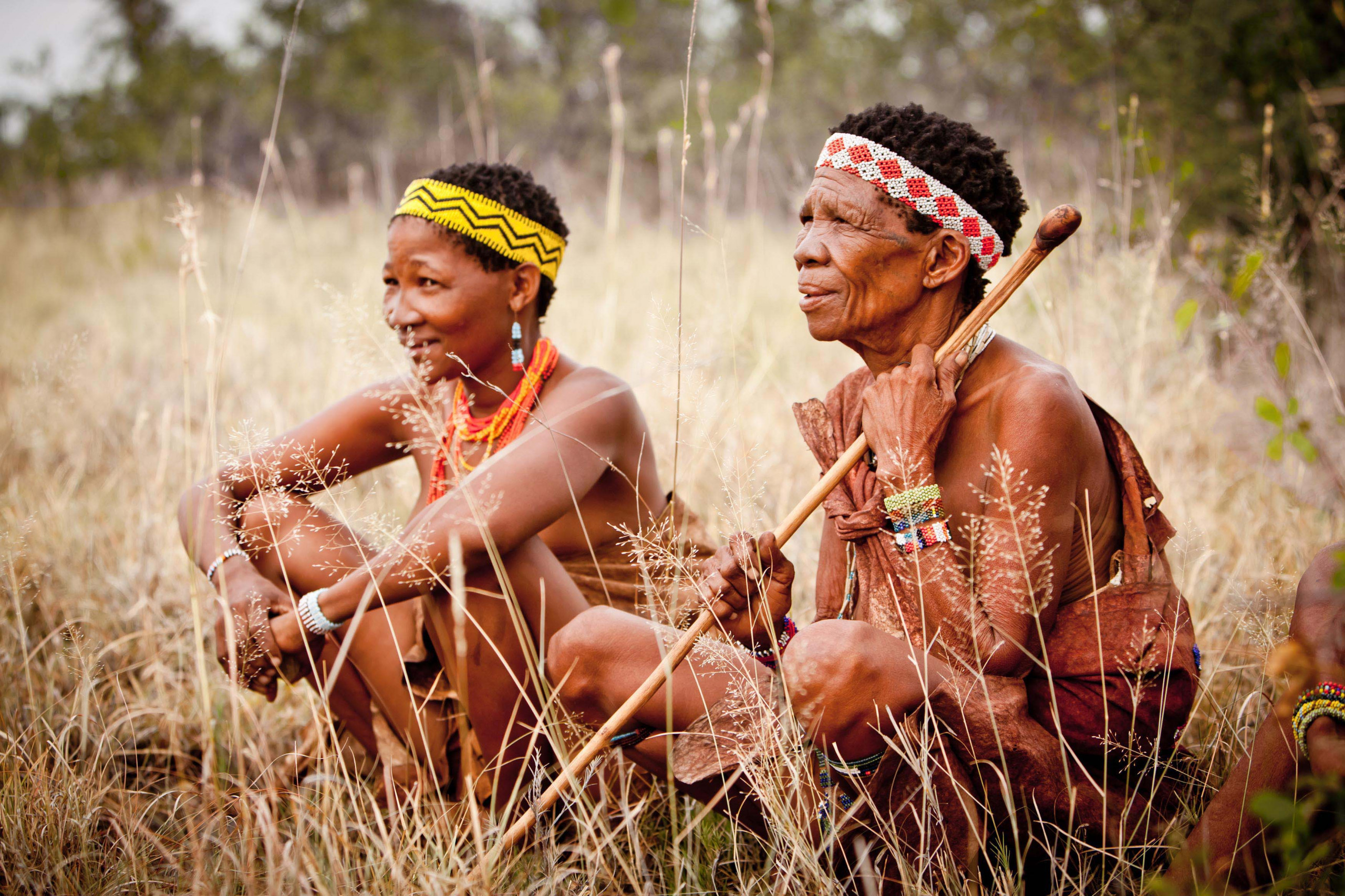London is home to some of the wealthiest – and most philanthropic – people in the world. In this series of interviews, we ask why they do it and how to enourage others to give
As told to Selma Day
Why did you get into philanthropy?
I think it’s really important for people who have been lucky in life to give back to society. Our family has been successful – we’ve been very blessed – and we always thought we’ve got to give back, so we set up our foundation, Savannah Wisdom.
What causes are close to your heart?
I was born in Kenya and experienced corruption because my father fell foul of the incoming president, so we left.
And one of the first things I thought was, how can I target our philanthropy to tackling corruption? I was a bit of an activist as a 16-year old, whether it was corruption, the environment, social justice or women’s rights. These are the things I was always passionate about and I was given an opportunity to do something about those things and had the means.
Do you run your foundation like a business?
I help people build their charities in an entrepreneurial way. I’m not looking for profit, obviously – what I’m looking for is impact. How do we do things differently? How do we change the narrative? How do we shake things up a bit? How do we push through legislation and policy and advocacy work that is actually going to make a difference to people’s lives?
Can you give examples?
The first organisation that I joined the board of was Transparency International, which is the world’s largest anti-corruption organisation, and my first venture into philanthropy was setting up and piloting a programme looking at how we could tackle corruption in the delivery of healthcare globally. Now, that is one of its main programmes – it has been really successful. By raising awareness of the issues and by working with willing governments, you can help them strengthen their own health systems. And by making people more aware of the basic rights to healthcare as well.
How did you get involved with the British Asian trust?
I was approached by the British Asian Trust to join their board, after they heard that I was doing some work in India on legal access for women, which was another area I felt really strongly about. I was working with organisations like Majlis [a legal training charity for girls] and the Human Rights Law Network, who were doing work around domestic violence and sexual abuse – all very heartbreaking stories. We didn’t just want to help women reassemble their lives – we wanted to actually take people to court, we wanted to change the law. So I looked for organisations of lawyers and funded them so that they could then do that work. The tweaking of legislation can make a big difference.
What philanthropic activities have you done here in the UK?
We’ve worked with organisations like the Centre for Social Justice, bringing an amendment to the domestic violence bill – so releasing some money so that migrant women who face abuse and can’t escape the perpetrators because they have no funding, and quite often don’t have their passport, have a six-month grace period where they can fight their case without having to demonstrate their legal right to stay in the country. Another project we work on is with inner-city schools in the Manchester area.
It’s for girls who do well at school but then just drop off because they’re not allowed to go to university or pursue a career. I go and speak to those girls and run a programme with Enabling Enterprise. These young women can make such a great contribution to the workforce and to their own family life.
How do we encourage more people into philanthropy?
You don’t have to have money to be a philanthropist. It’s about time. A lot of it is about your expertise and your convening power. If you’ve got a good network in your own profession, it’s about being able to get people together and saying, “what can we do as a group?” If it’s a group of lawyers, or if it’s a group of accountants, you can help charities with their finances, their systems. And that can make a big difference.

Are you seeing young people getting involved in philanthropy?
Younger people are facing so many issues because of the pandemic, whether it’s mental health, health access or education, that I don’t see them necessarily becoming more philanthropic at the moment. It’s not so easy to get the next generation involved. I just think there’s something different going on in their head space.
Are there any other challenges?
It’s a really difficult time for philanthropy. A report from the Centre for Social Justice shows a real divide between the people who are getting on with life and the people who can’t. And it’s not about the haves and have-nots, and it’s not about income inequality. It’s about housing, education, access, health, inequity, addiction, mental health problems – 62 per cent of the country is suffering with one of those things, regardless of their income, and people need to start thinking about how we help that 62 per cent. We need to build resilience in that group. We need to somehow knit people together again and build stronger communities, not just across faith and religion, but just generally.
How does philanthropy compare to the success of business?
I am happier. I feel more satisfied with what we do now than I did when I was making money as a biotech ‘entrepreneur. The sense of wellbeing I get from this is a lot more than the stress and the ambition of finding a cure for cancer or running a biotech business, and the sense of hope it gives you – if you don’t have that, then you just think, well, what’s the point of getting up?
Do you have any advice for someone wanting to get involved in philanthropy?
Just go for it! Think about what issues you feel passionate about, because there is so much you can do, and no one cause is more worthy than another. You will make mistakes but you’ll learn as you make those mistakes.
Don’t be driven by the end results – think about the building blocks first and the rest will happen.
Shalni Arora
Shalni is the CEO and founder of Savannah Wisdom, which focuses on structural change, social justice and ‘disruptive philanthropy’. The foundation partners with charities and not-for-profit organisations with gamechanging initiatives in areas such as legal rights, child protection and corruption in the global pharmaceutical and healthcare industries.
One of the founders of DxS Limited, a venture capital-backed, personalised medicine biotech business that she spun out from AstraZeneca and then successfully exited, she also supports women and girls in India and is a trustee of the British Asian Trust.
Shalni and her husband, the British billionaire Simon Arora, former CEO of retail chain B&M, also funded the UK’s first permanent South Asia Gallery at Manchester Museum.





